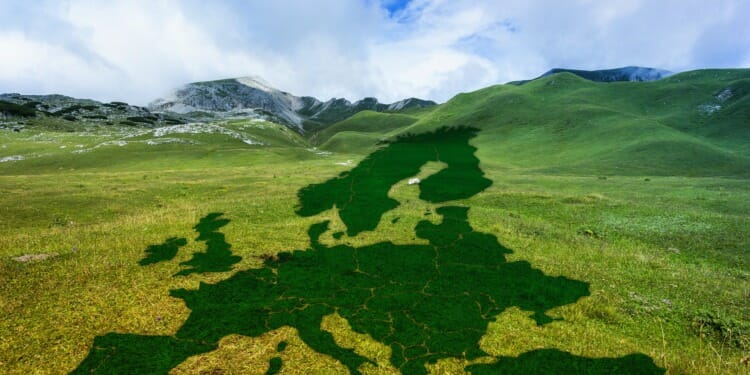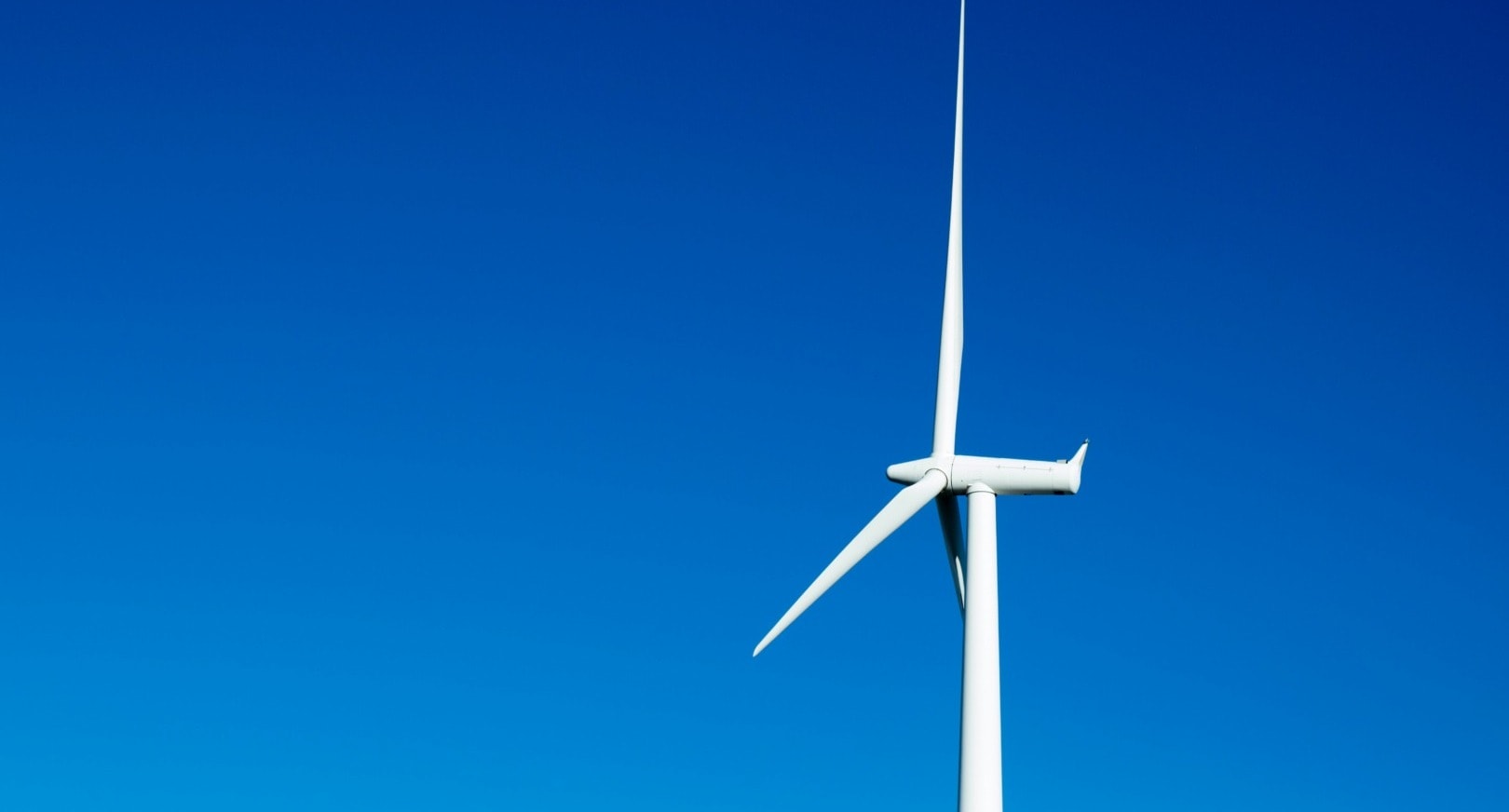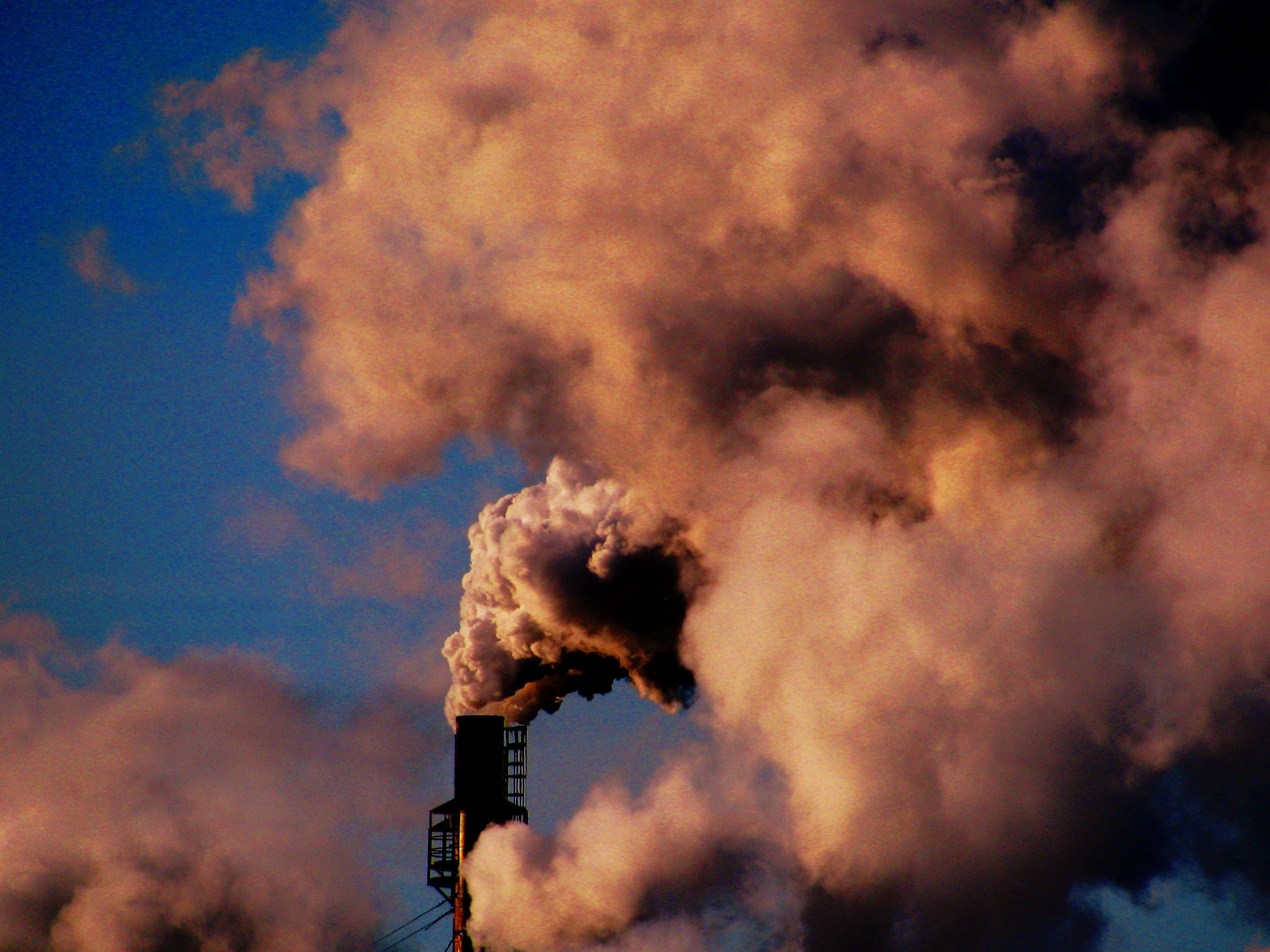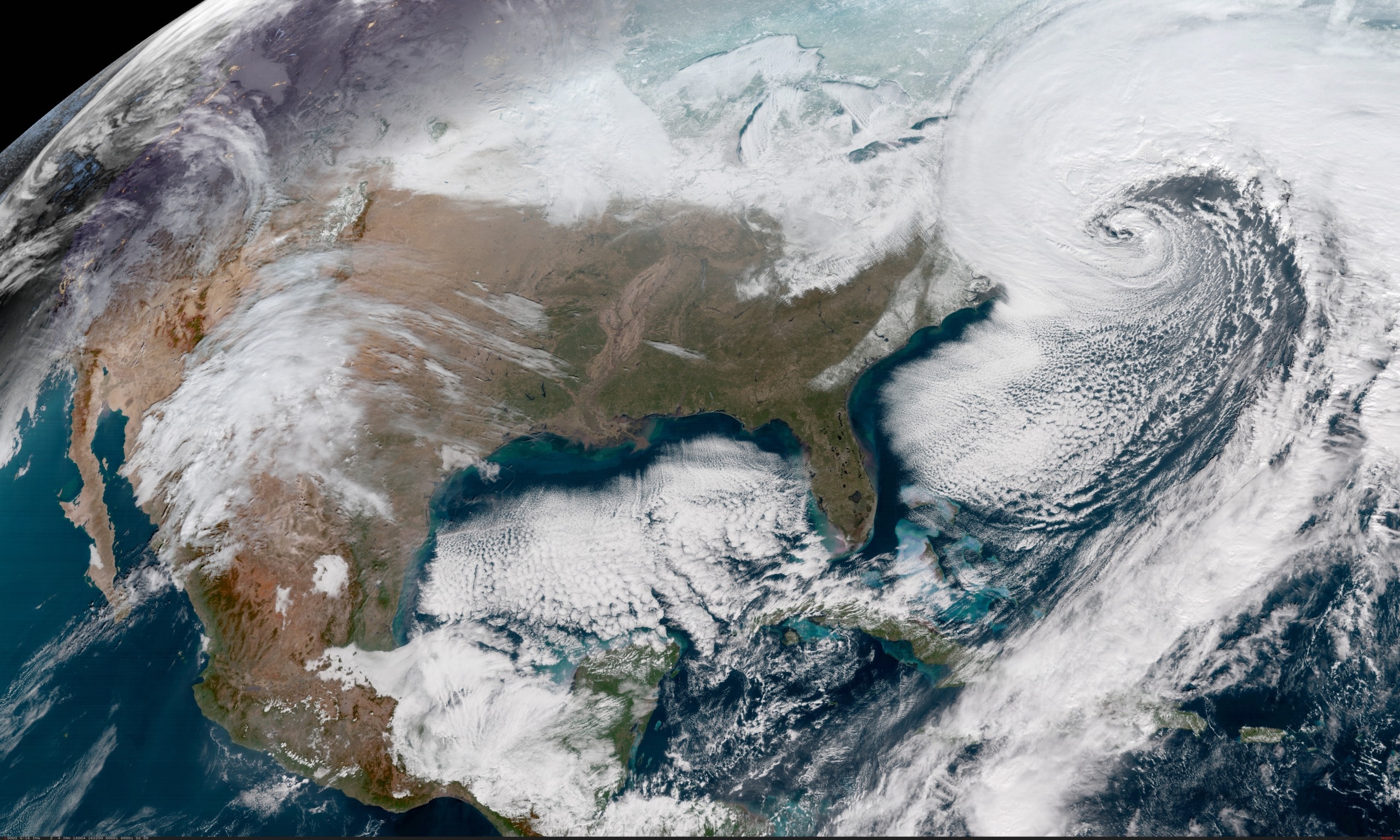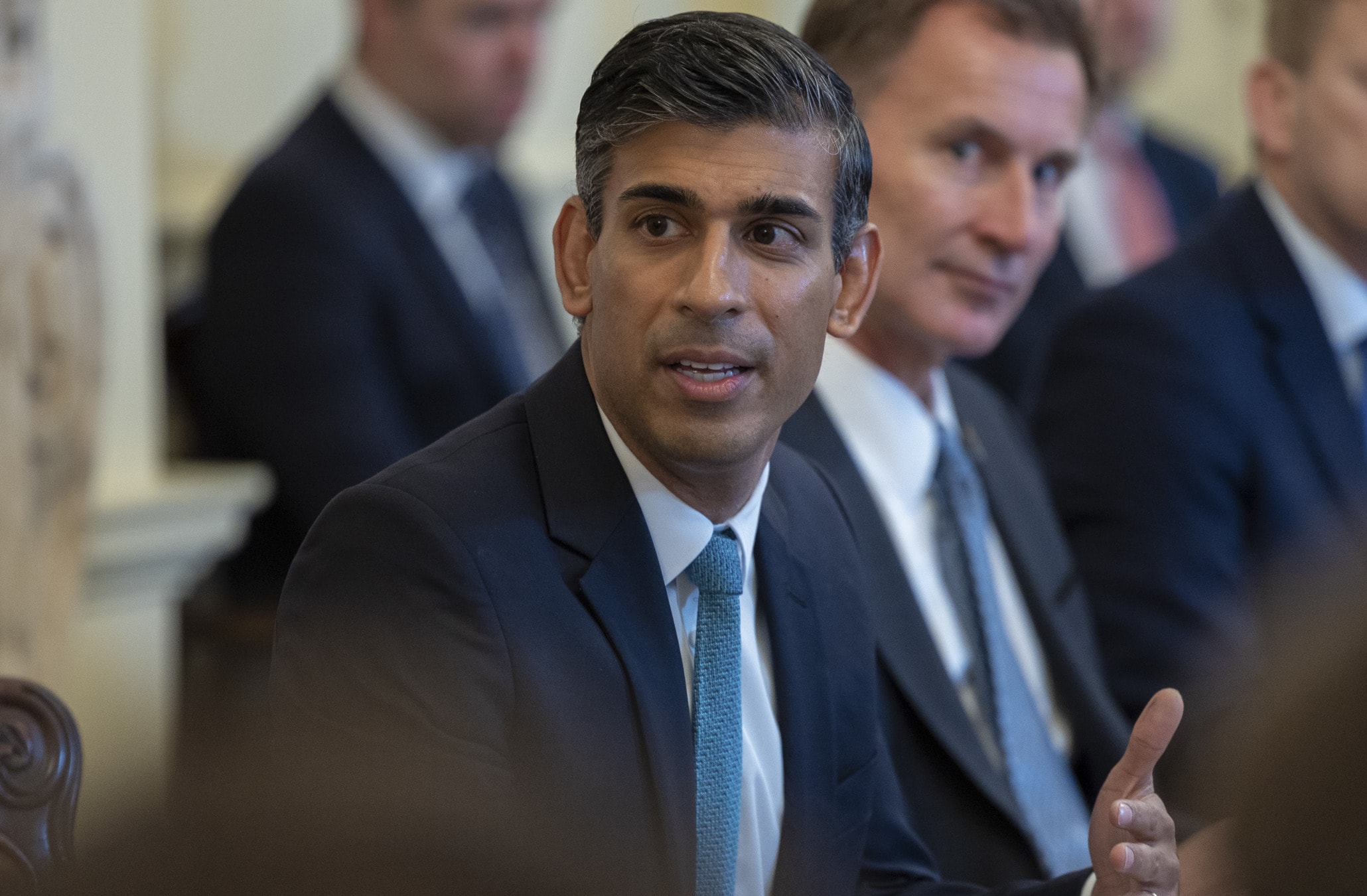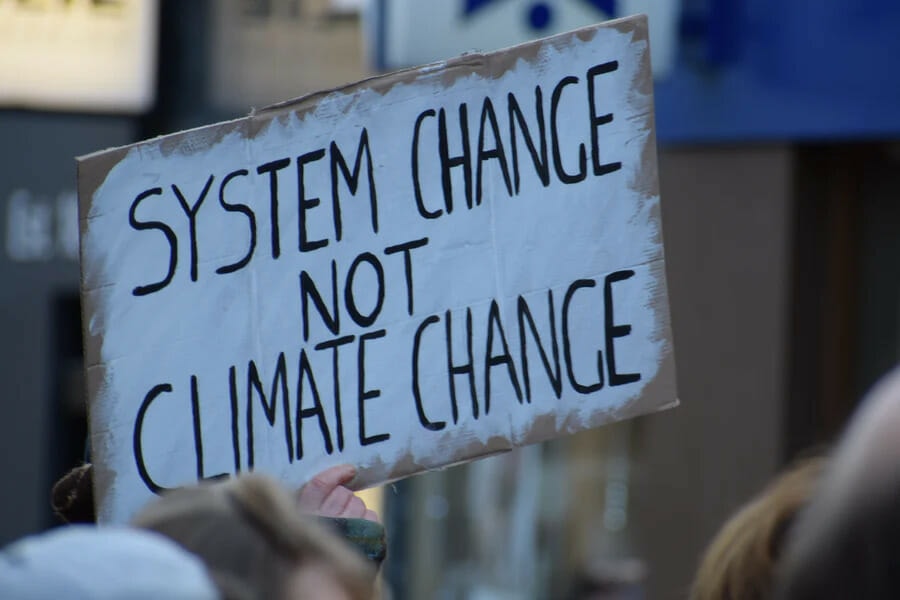The twenty-sixth session of the Conference of the Parties (COP26) to the United Nations Convention on Climate Change (UNFCCC) starts in a few days in Glasgow (Oct. 31 to Nov. 12). World leaders, as well as businesses and civil society, will convene to discuss common strategies to tackle the climate crisis.
The European Union (EU) will join COP26 as one of the Parties to the UNFCCC. In her recent State of the Union address, President of the European Commission Ursula von der Leyen defined this upcoming meeting “a moment of truth for the global community”, by reiterating that every country has a responsibility to contribute to the fight against climate change, while major economies have a “special duty” and need to commit to reaching carbon neutrality, namely reaching net-zero greenhouse gas emissions.
In delivering this objective, the Commission launched the European Green Deal in December 2019, a set of policy initiatives aiming to make the EU the first climate neutral continent by 2050 in line with the main goals of the Paris Agreement. As an intermediate step, the EU has pledged to cut CO2 emissions by at least 55% by 2030 compared to 1990 levels, the so-called “Fit for 55” package. This package contains several initiatives to revise and strengthen the 2030 Climate & Energy Framework. Without drastic changes to the current policy framework and legislation, the European Commission has projected only a 60% emissions reduction by 2050.
Very good to catch up with my special advisor @adelaidecharli2 at #Youth4Climate @PreCop26ITA. Glasgow is about keeping the planet healthy for future generations. I will keep Adelaïde and other young activists I met today up to date as we approach the final stages of #COP26 pic.twitter.com/gF5wkzTznd
— Frans Timmermans (@F__Timmermans) September 30, 2021
To finance this long-term strategy, enormous investments are required. The Commission has estimated that 260 billion euros of additional annual investment are necessary to help achieve the 2030 targets, more or less 1.5% of 2018 GDP of the EU Member States. Several measures have been put in place to meet the main objectives of the European Green Deal. 30% of the €1.8 trillion investments from the EU’s long-term budget, the Multiannual Financial Framework (MFF) running from 2021 to 2027, and the instrument NextGenerationEU, the stimulus package designed to boost the EU’s recovery from the crisis caused by the coronavirus outbreak, will be devoted to the financing of the European Green Deal.
Furthermore, the Commission has launched the European Green Deal Investment Plan, the “investment pillar of the Green Deal” whose ambition is to mobilise at least €1 trillion in green investments over the next ten years. As part of this plan, a Just Transition Mechanism will ensure a fair transition to a greener economy by providing long-term, financial support to the most affected EU countries by the green transition.
Moreover, the Commission adopted the EU Green Bond Standard (EUGBS) to promote “a high-quality voluntary standard for bonds financing sustainable investment” and the Sustainable Finance Strategy to facilitate private investment towards the transition to a sustainable, carbon-neutral continent and fund the recovery from the pandemic.
On 12 October, the Commission issued the first €12 billion NextGenerationEU green bond from a single sale that successfully attracted the interest of several investors to finance the green recovery in the continent under the Recovery and Resilient Facility, the most important component of NextGeneration EU providing €385.8 billion in loans and €338 billion in grants for the recovery.
Commissioner for Budget and Administration Johannes Hahn defined it as “the largest green bond order book ever in global capital markets, and the largest green bond ever issued, not in Europe, but in the world.” The EU has planned on raising up to €250 billions by end-2026, aiming to become the world leader in the green debt market and encourage sustainable finance markets across the continent.
The European Investment Bank (EIB), the EU’s bank owned by Member States, has launched a climate strategy to support the European Green Deal and finance the EU’s road to decarbonisation. Ranging from energy efficiency to renewables, the EIB has pledged to unlock €1 trillion of climate action and sustainable investment in the decade 2021-2030 by mobilising more and more financing by the private sector and putting in place a new Energy Lending Policy to support energy-efficiency projects, promote the decarbonisation of the energy supply in the EU and boost sustainable energy production.
Overall, the EU has become an international leader in climate and environmental governance, by developing a very vigorous policy framework. Climate policy has been one of the main driving forces of European integration in the last three decades, stirring the public debate and involving a growing number of players.
In this regard, a Eurobarometer survey published last September shows that climate change is the topic the European Parliament should prioritise. 43% of the 26,459 EU citizens surveyed from the 27 Member States have chosen “action against climate change”, representing the first priority in 15 of the 27 EU countries.
Ahead of COP26, cooperation will be key. As President von der Leyen stated, the EU is expected to join forces with its international partners and allies and play a leading role in promoting the fulfilment of world climate and environmental goals. It is clear however that without the contributions from China, the US and other advanced economies, climate change will not be successfully countered.
But the EU has taken on itself a new role, that could be termed “leadiator” (leader and mediator), by launching and leading the negotiations on the Paris Agreement and now following up on it. If the EU successfully manages to overcome its internal differences – particularly with regard to Poland, a major carbon emitter because of its coal mines that it refuses to shut down – one may expect that it will make good use of its diplomatic potential to turn COP26 into a meaningful event.
Editor’s Note: The opinions expressed here by Impakter.com contributors are their own, not those of Impakter.com. — In the Featured Photo: Shadow of the European continent on grass with a mountain in the background. Featured Photo Credit: Geralt


